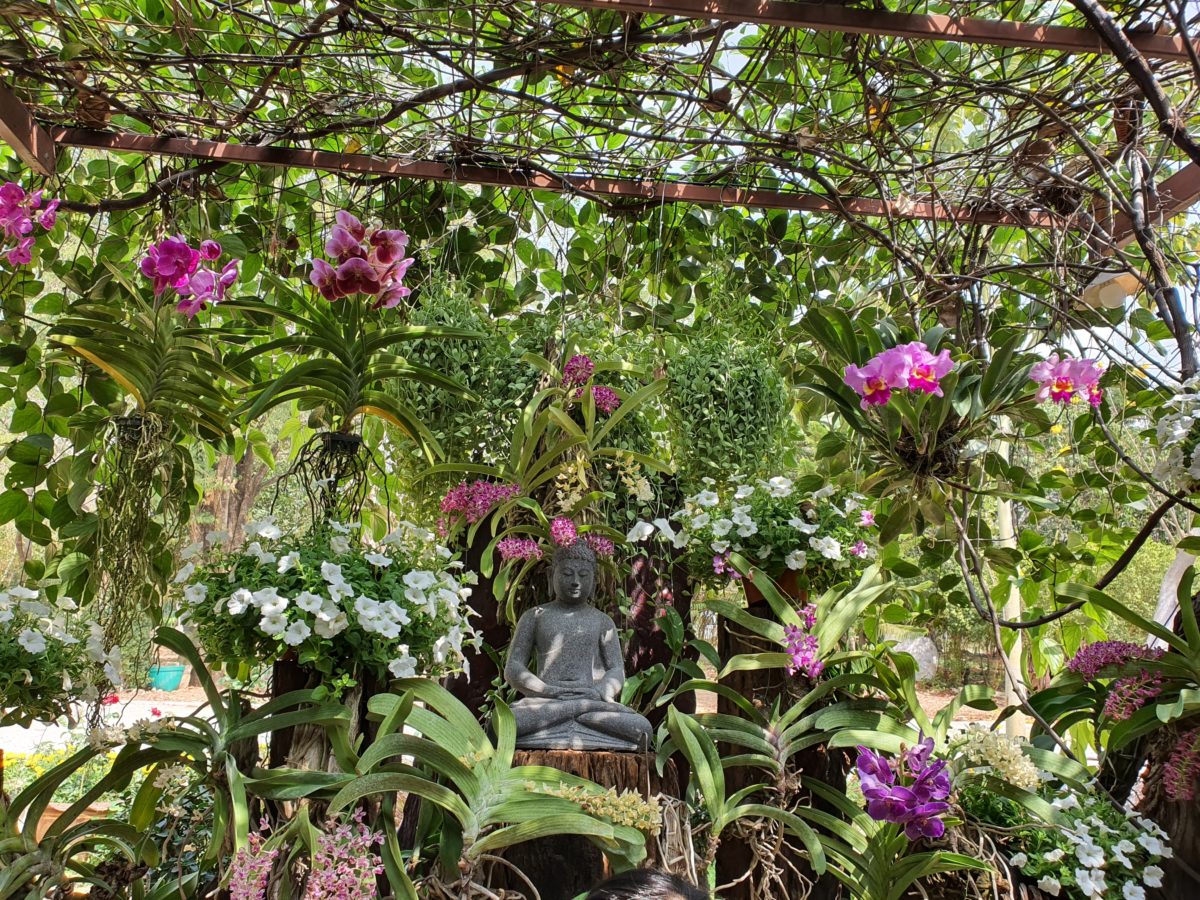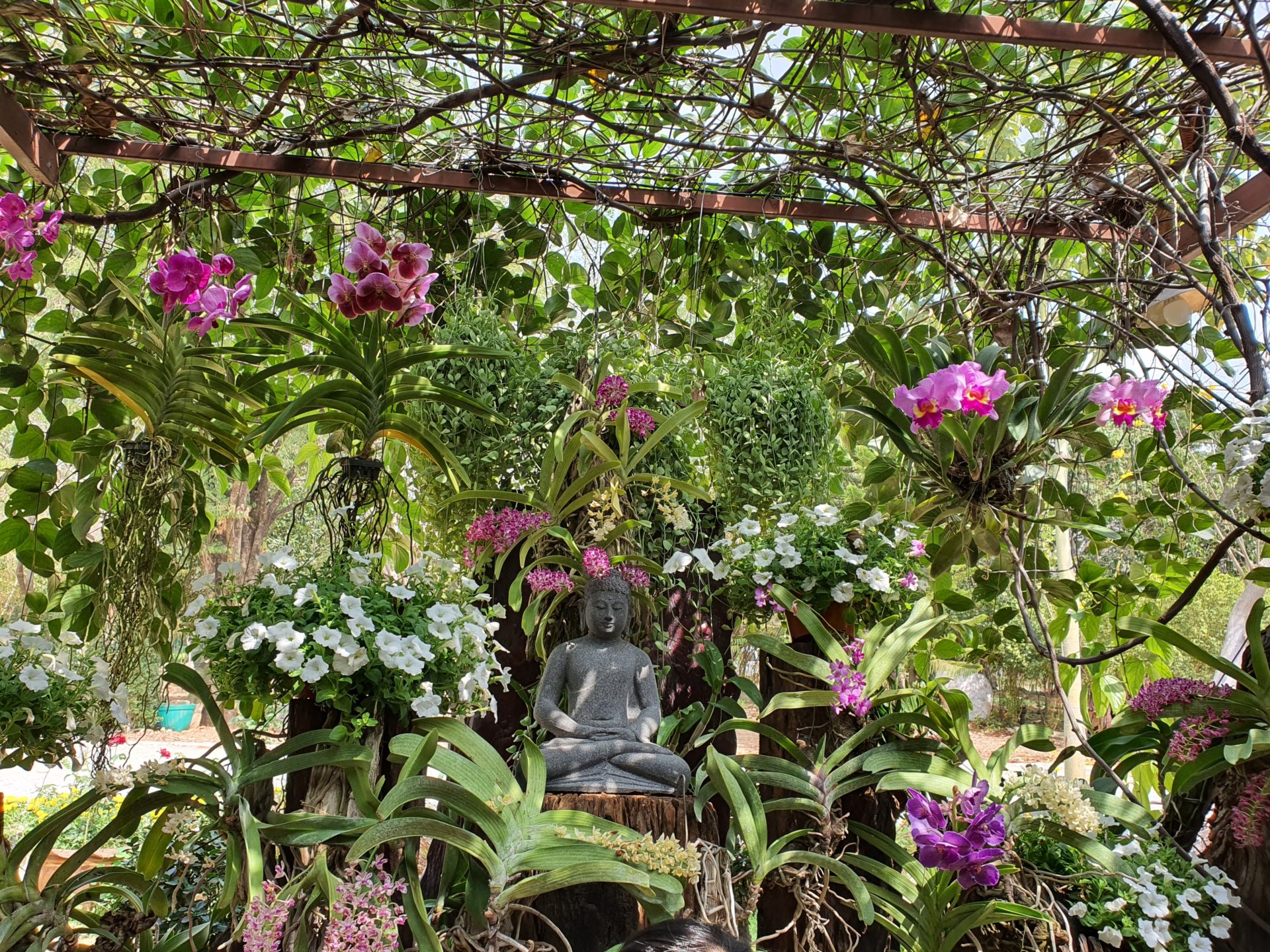
Dear Thay, dear Sangha,
The Buddha is said to have had four heavenly messengers that motivated him to seek enlightenment: old age, sickness, death, and a monk. Their message: all that manifests is subject to change, clinging to anything that is subject to change brings about suffering, and—most importantly—there is a path to the end of suffering. Perhaps a global pandemic can also be a heavenly messenger.

Dear Thay, dear Sangha,
The Buddha is said to have had four heavenly messengers that motivated him to seek enlightenment: old age, sickness, death, and a monk. Their message: all that manifests is subject to change, clinging to anything that is subject to change brings about suffering, and—most importantly—there is a path to the end of suffering. Perhaps a global pandemic can also be a heavenly messenger.
In addition to COVID-19’s impact on individuals and their families, it contributes to other sufferings, including unemployment, stressed families due to lack of schooling and childcare options, and home evictions, all of which disproportionately affect people of color and marginalized communities.
The pandemic also challenges spiritual communities to put into clear focus our personal and community values. It is forcing us to look deeply into our life-purpose and ask “what kind of people do we want to be?” and “what kind of communities do we want to build?” for the sake of other sentient beings now and in the future.
Individually and for our Sanghas, the pandemic has drawn attention to how we address the suffering in us and around us and how we continue Thich Nhat Hanh’s legacy of engaged Buddhism, which is founded on the practice of mindfulness, concentration, and insight. This issue of the Mindfulness Bell may help us answer these questions.
Thay invites us to wake up so we can help others be bodhisattvas who work to alleviate all kinds of suffering, including the long-standing social injustices of racial discrimination. Brother Phap Dung invites us to investigate deeply how our Sanghas can be a more inclusive and harmonious refuge, how to practice compassionate action from a place of stillness and peace, and how to nurture the insights of non-duality, non-separation, and nonviolence. In excerpts from their recent books published by Parallax Press, Dharma teacher Larry Ward gives us a personal glimpse into America’s racial karma and invites us to awaken to the conditions that continue to perpetuate it, and Reverend Zenju Earthlyn Manuel shows us her path to peace in the midst of torment.
We received an unprecedented number of submissions from individuals and Sanghas about their personal experiences and their wholesome responses to the suffering generated by the pandemic and by social and racial injustices.
We welcome ARISE and Dharma teacher André Vellino as guest editors for this issue. André joined the Order of Interbeing in 2002 and received Lamp Transmission from Thay in 2014. He has been living in Canada for forty years and helps facilitate the Ottawa Pagoda Sangha.
The ARISE Sangha (Awakening through Race, Intersectionality, and Social Equity) is a community of mindfulness practitioners and monastics who come together to heal the wounds of racial injustice and social inequity.
In January, our editorial team initially chose climate disruption as the theme for this issue. The awareness that environmental issues and social inequity are not separate then led us to invite ARISE to join our editorial team.
May all the sufferings of this pandemic be embraced by communities of practice grounded in love, compassion, and nondiscrimination.
Bowing with deep gratitude,
Hong-An, Conscious Aspiration of the Heart, and André Vellino


